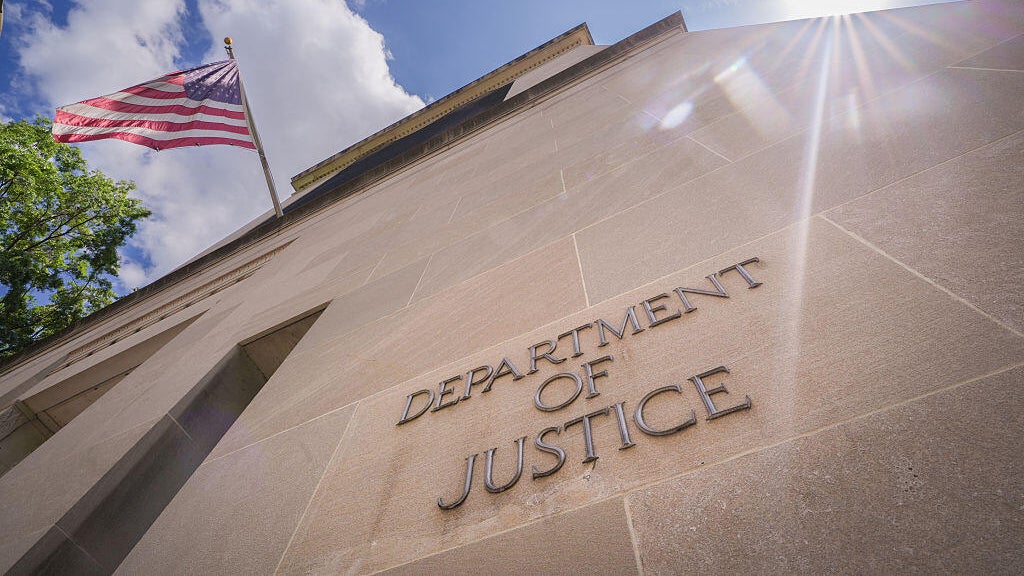The United States Department of Justice has charged two young men from Texas with conspiring to launch a violent coup d’état on the island of Gonâve, Haiti, in what prosecutors described as a plan motivated by depraved sexual fantasies.
According to an announcement from the US attorney’s office for the Eastern District of Texas, Gavin Rivers Weisenburg, aged 21, and Tanner Christopher Thomas, aged 20, are accused of plotting to take control of the island by force. The indictment alleges that the pair intended to kill all the men living there and enslave women and children for sexual exploitation.
The island of Gonâve, situated off Haiti’s western coast, is home to an estimated 85,000 to 100,000 people. Prosecutors said the defendants had studied Haitian Creole and attempted to recruit individuals to support their scheme.
Recruitment and Military Training
Court documents state that Thomas enlisted in the United States Air Force with the specific aim of acquiring military skills that could be applied to the planned invasion. He later requested a transfer to Maryland, which prosecutors allege was intended to facilitate recruitment of homeless people in Washington DC to join the plot.
Weisenburg, meanwhile, reportedly travelled to Thailand to learn sailing techniques, with the intention of purchasing a boat to transport weapons and ammunition to Haiti. The indictment claims that both men enrolled in training schools to prepare for the operation.
The alleged conspiracy began in August 2024 and continued until July this year, when Weisenburg was arrested.
Charges and Potential Sentences
The men face multiple charges, including federal conspiracy to murder, maim or kidnap in a foreign country. If convicted, this offence carries a potential sentence of life imprisonment.
In addition, both defendants have been charged with producing child pornography, an offence that carries a sentence of between 15 and 30 years in prison.
The case is being jointly investigated by the Federal Bureau of Investigation, the US Air Force Office of Special Investigations, and a local police department in Texas.
Vulnerabilities of Gonâve
The choice of Gonâve as the target of the alleged plot has puzzled investigators. The island, the largest in Haiti, has long been isolated from the mainland and suffers from limited infrastructure.
A video produced by the United Nations human rights office in 2020 highlighted the lack of judicial personnel and institutions on the island, with residents complaining that crime was not adequately addressed. The island’s remoteness and poor transport links have contributed to its vulnerability.
Community Concerns
News of the alleged conspiracy has raised alarm among Haitian communities and human rights organisations. The prospect of outsiders attempting to exploit the island’s isolation underscores the challenges faced by residents, who already contend with poverty and limited access to justice.
While the indictment does not explain why Gonâve was chosen, prosecutors emphasised the seriousness of the charges and the disturbing nature of the alleged motives.
Both defendants are expected to face trial in federal court. If convicted, they could spend the rest of their lives in prison.
The case has drawn attention to the intersection of criminal intent, military training, and exploitation of vulnerable populations. It also highlights the role of federal and military investigators in uncovering plots that extend beyond US borders.
For the residents of Gonâve, the allegations serve as a stark reminder of the island’s precarious position. Cut off from much of Haiti and lacking adequate judicial infrastructure, the community remains exposed to threats that exploit its isolation.
As the legal proceedings continue, the case is likely to prompt renewed calls for international support to strengthen governance and security on Haiti’s outlying islands.



